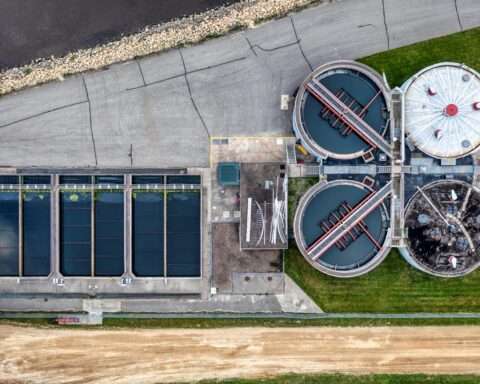This story was originally published in the Government Contracting Pipeline newsletter from Strategic Partnerships, Inc. To have the latest government contracting news stories from across the country delivered straight to your inbox, click here to subscribe.
As part of the state’s efforts to promote a clean, sustainable energy grid, the Minnesota Public Utilities Commission (PUC) has approved an energy company’s first Natural Gas Innovation Plan (NGIP). The plan establishes a groundbreaking effort to promote renewable energy sources and mitigate thousands of tons of emissions for the foreseeable future.
In 2021, Minnesota passed the Natural Gas Innovation Act, creating a framework enabling natural gas utilities to better reduce greenhouse gas (GHG) emissions and achieve renewable energy goals. Innovation plans developed in accordance with the Act will prioritize using innovative resources such as:
- Biogas.
- Renewable natural gas.
- Power-to-hydrogen.
- Power-to-ammonia.
- Carbon capture.
- Strategic electrification.
- District energy.
- Energy efficiency.
The Natural Gas Innovation Plan was developed in response to this law, laying down an actionable approach to leveraging alternative fuels, improving energy efficiency and investing in cutting-edge technologies. The PUC approved several pilots included in the plan, paving the way to a cleaner, more resilient energy grid. Some of these pilots include:
- Installing a network geothermal system in a neighborhood, using the earth’s ambient temperature to provide space heating and cooling.
- Integrating renewable natural gas (RNG) into the company’s network, developing RNG production from organic waste, dairy farms and landfills.
- Using solar technology to generate green hydrogen for industrial uses.
- Advancing innovative carbon capture technologies, including those created through the RNG production process.
- Implementing advanced energy efficiency programs and strategies to support customer efforts to reduce energy usage and lower costs.
A total of 13 pilot programs and seven research and development projects were included in the NGIP. With the approval, the energy company plans to begin implementing the initiatives effective immediately.
Photo by KWON JUNHO on Unsplash













